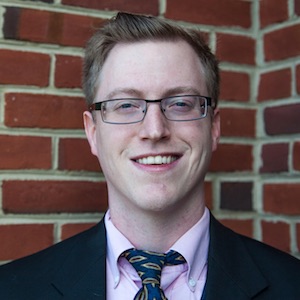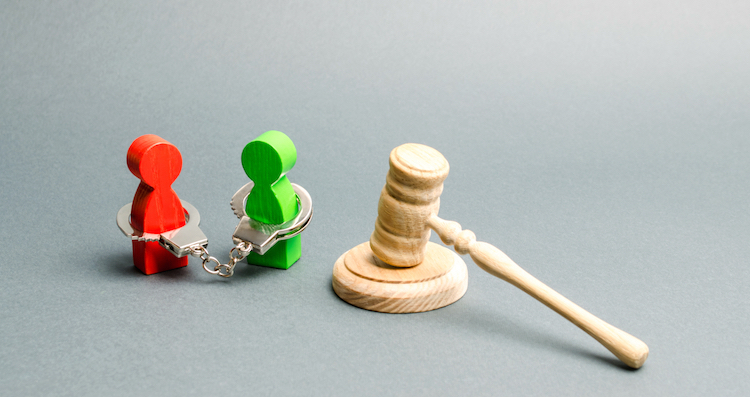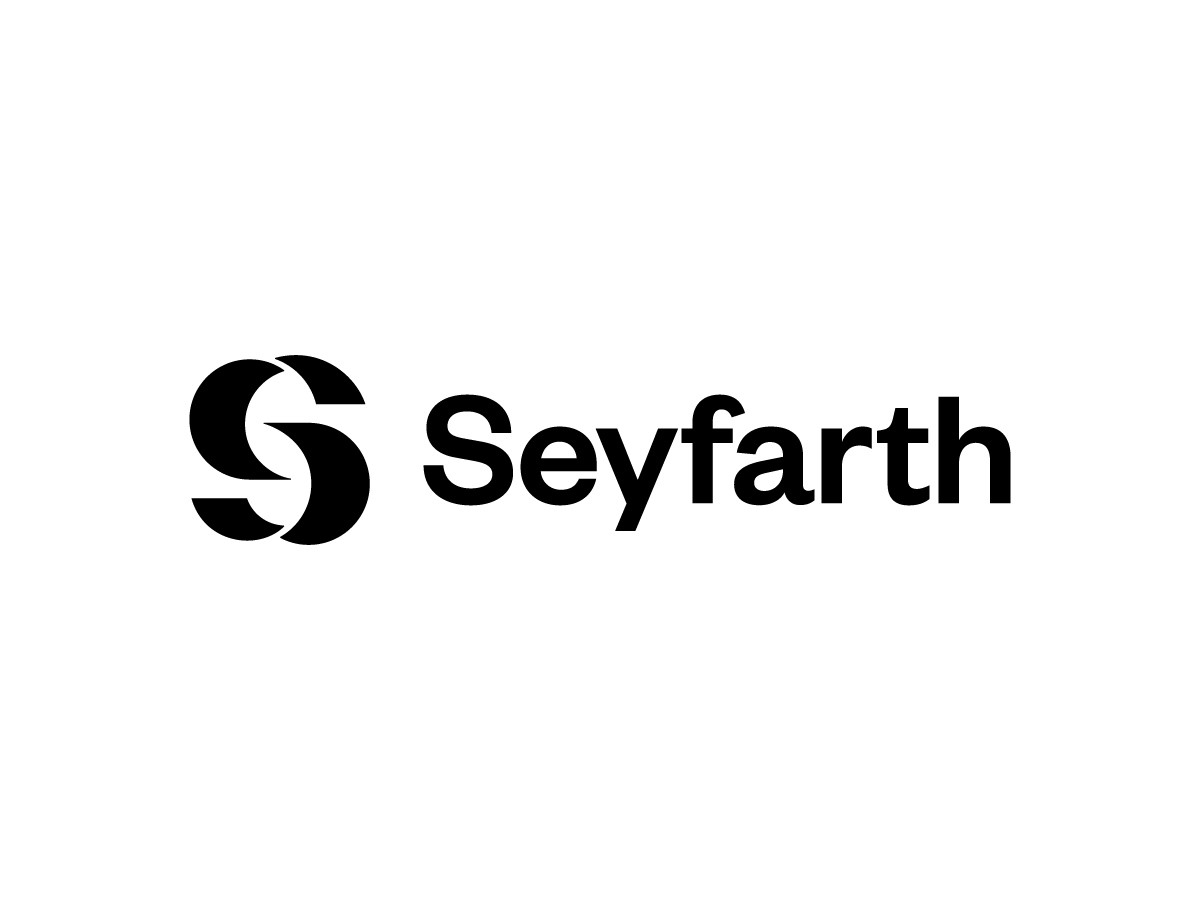Michel Says He’s Confident Latest Eligibility Bill Will Curb Judicial Expansion of Section 101
“[Judge] Michel was clear that the impact of PERA would be to prevent federal courts from reestablishing judicial exceptions and from importing novelty, obviousness and definiteness or enablement issues into the subject matter eligibility analysis.”
On the evening of July 5, inventor advocacy group US Inventor hosted a webinar to discuss the Patent Eligibility Restoration Act (PERA) recently introduced into the U.S. Senate by Senators Thom Tillis (R-NC) and Chris Coons (D-DE). The featured guest speaker was Retired U.S. Court of Appeals for the Federal Circuit Chief Judge Paul Michel, who has been involved in the development of PERA’s draft legislative text and has personally supported PERA as an important step in “reviv[ing] the faltering U.S. innovation system” by abrogating the series of U.S. Supreme Court rulings that greatly expanded judicial exceptions to patent eligibility under 35 U.S.C. § 101.
With more than 60 petitions for certiorari on Section 101 denied by the U.S. Supreme Court since Alice v. CLS Bank (2014), and continuous en banc denials on subject matter eligibility by the U.S. Court of Appeals for the Federal Circuit, Judge Michel told the 250 webinar attendees that a Congressional fix like PERA was much more reliable than trusting courts to fix the current patent eligibility mess. He added that the strategy behind PERA was to draw patent eligibility broadly so that any process would qualify for patent eligibility. While the bill includes a list of certain processes excepted from patent eligibility, such as artistic or cultural processes, further provisions state that such processes will not be excluded if “they cannot be practically performed without the use of a machine or manufacture.”
Recreating Algorithm on Paper Cannot Destroy ‘Machine or Manufacture’ Safe Harbor
Judge Michel noted that PERA is not the only attempt at a legislative fix for Section 101 in recent years, referencing the series of Senate IP Subcommittee hearings during the summer of 2019 spearheaded by then-Chairman Tillis. While Tillis had hoped that those hearings would lead to a viable bill that could pass Congress, Michel told attendees that internal division within the pro-Section 101 reform side of the debate was a big reason why that effort was stymied. Congressional support for clarifying Section 101 is still very low, so while Michel expected Senators Tillis and Coons to “not abandon ship and fight this through,” building support for the bill within D.C. remains a priority.
US Inventor members attending the webinar had concerns over potential unintended consequences of certain terms used within PERA’s statutory language. Ron Katznelson, Founder and President of Bi-Level Technologies, asked whether the safe harbor provisions regarding processes requiring use of a machine or manufacture could be problematic for inventions expressed in algorithms. “If someone can identify on a piece of paper using a pencil what the algorithm is and perform it, it could be argued that the process can be practiced without the use of a machine,” Katznelson contended. He pointed to the Supreme Court’s reasoning in Gottschalk v. Benson (1972), which invalidated patent claims covering a method of converting binary-coded decimal (BCD) numerals into pure binary numbers, as a concern that would remain if patent validity could be undermined by performance of the algorithms outside of computer systems.
Throughout the course of the hour-and-a-half webinar, Judge Michel was adamant that PERA was written so that courts would not be able to invalidate patent claims based on such arguments. While no bill could absolutely prevent potential judicial interpretations of statutory language, Michel was clear that the impact of PERA would be to prevent federal courts from reestablishing judicial exceptions and from importing novelty, obviousness and definiteness or enablement issues into the subject matter eligibility analysis. Michel acknowledged the fear that lawyers might try such arguments was rational given the current state of the law but said that such tactics would not be successful if PERA was enacted.
US Inventor’s Support Would Lead to Positive Momentum for PERA on Capitol Hill
Another concern raised by webinar attendees involved PERA’s discovery provisions, which state that courts can rule on eligibility at any point of an infringement action when there’s no genuine dispute of material fact on eligibility, and that the court may consider discovery limited to those eligibility issues prior to an eligibility ruling. Michel indicated that these provisions would not change the scope of discovery but would rather be a benefit to patent owners by giving them an early opportunity to establish a genuine dispute on eligibility, preserving the issue for trial.
At least one proponent of PERA has noted that several Supreme Court and Federal Circuit patent rulings require “a clear and certain signal from Congress” that new legislation overrules past court decisions. This arguably creates problems with the fact that PERA’s language on the elimination of judicial exceptions is found in the Findings section of the bill and not the statutory language that would be enacted. Judge Michel did not feel that this concern was borne out in how the bill is currently drafted. “The bill is very clear that federal judges are out of the eligibility business and Congress is now telling us what’s in and what’s out,” he said.
Although Michel was confident that hearings on PERA would be conducted by Congressional IP subcommittees before the end of 2023, he acknowledged that he did not expect PERA’s enactment to come any sooner than 2025. This process is made even more protracted by the vehement opposition currently being waged by the High-Tech Inventors Alliance, American Civil Liberties Union and other Big Tech allies, Michel indicated. He noted that US Inventor has grown to become an important voice in the patent eligibility debate and if the group generally were to support PERA, positive momentum toward enactment would likely follow.
Steve Brachmann
Steve Brachmann is a graduate of the University at Buffalo School of Law, having earned his Juris Doctor in May 2022 and served as the President of the Intellectual Property […see more]







